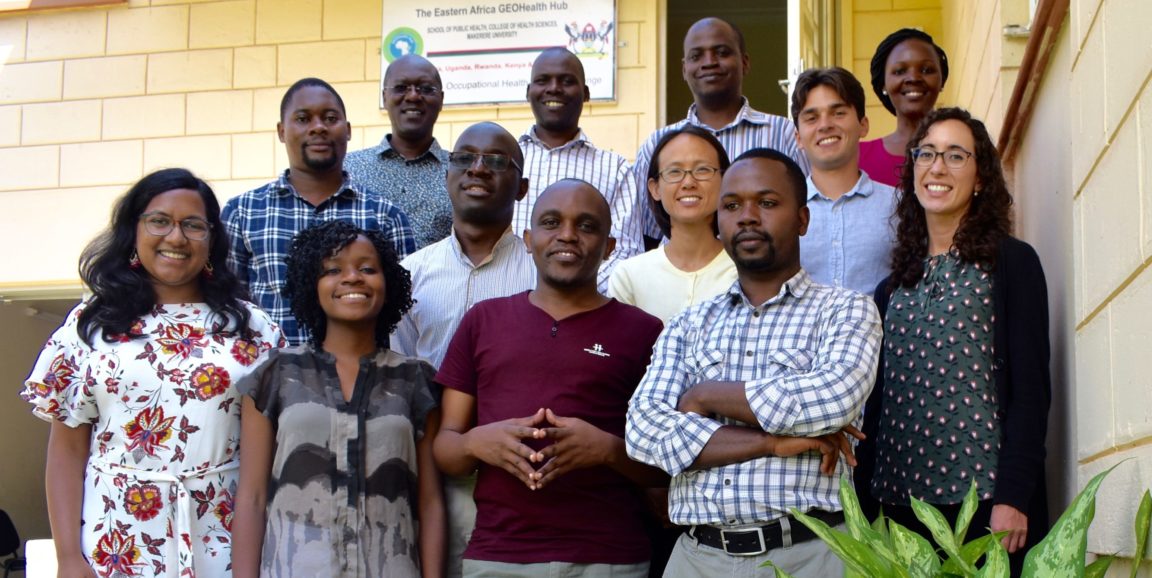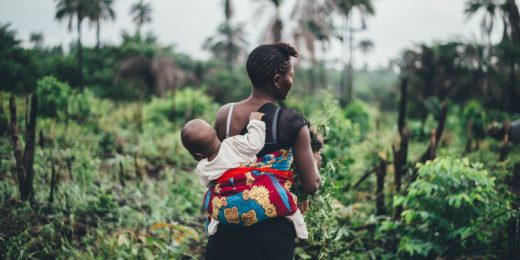I was 10 years old when Zimbabwe experienced a devastating cholera outbreak.
Looking back, I don't think my family did anything special to survive. Like most, we couldn't afford to drill a borehole, buy purified water from stores, or even treat our drinking water with chlorine tablets. We got our drinking water from public taps and wells because there was no running water in our home. We boiled water before drinking it or using it to cook, and like all of our neighbors, we were vulnerable to contracting the disease from restrooms or contaminated food.
Thankfully, somehow, we were among the lucky. More than 98,000 cases of cholera were reported during that epidemic, and 4,000 people died of the disease, including many acquaintances.
Though the cholera epidemic passed, we -- like most Zimbabweans -- would always view the water in our home and in our local clinics with suspicion. Most of our hospitals and clinics can only access untreated water, and they often lack adequate supplies to treat this water or sterilize hospital equipment. It is not unusual for nurses and doctors to make do with whatever buckets of water they can find, even for procedures as risky as surgical operations. Not surprisingly in such dire circumstances, many patients die painful, preventable deaths.
As I grew older, I wanted to find out why. Why was this the case in my part of the world and not others? My studies as an undergraduate at Stanford have helped me understand the problem better as I continue to seek answers.
I was struck by a study of health care facilities in 78 developing countries, which found that one-third of them lacked safe toilets, relying instead on uncovered pit latrines, buckets or other unhygienic options. The study also found that 39 percent of the facilities lacked handwashing soap, and half had no piped water.
Improving these services is not easy, but that's the goal of a research project I'm working on with the Stanford Program on Water, Health and Development. The work is led by the program's director, Jenna Davis, PhD, MSPH; Stephen Luby, MD; Lily Horng, MD, MPH; and Ashley Styczynski, MD, MPH.
My role is to design surveys and conduct interviews that assess the availability and quality of water in rural clinics.
This summer, our work took us to Uganda.
Our team investigated the water, sanitation and hygiene services of rural health centers in Uganda's Kamwenge and Mbarara districts. During our eight-week stay in July and August, we asked clinic staff members and government officials about barriers and solutions to sustaining water and hand hygiene when there is limited funding and infrastructure.
Based on their answers -- which we are still analyzing -- we'll outline a system for creating safe environmental conditions at rural health facilities in Uganda and other developing countries. And from that description, we'll develop and test ways to make it more likely that these services are sustained.
The stakes are high. We already know what happens when health care providers work without clean water and safe hygiene: Women give birth without clean water, placing themselves and their newborns at increased risk; doctors and nurses don't wash their hands or their utensils; and patients' overall risk of developing an infection from the clinic -- and dying from that infection -- skyrockets.
Still, I have a stubborn belief that solutions to these problems are not as far out of reach as they seem. I found our interviews with Ugandan health care workers and government officials insightful and thought-provoking. Uganda resembles Zimbabwe in a lot of ways, and as we moved from one rural clinic to the next, I found myself looking for glimpses of home.
I hope, someday soon, to be able to apply what I've learned to help Zimbabweans.
Dumisile Mphamba is a junior at Stanford majoring in medical anthropology. Also contributing to this piece were Vladimir Kozlow, a former graduate student in environmental engineering and science; and Harika Kottakota, a senior at Stanford majoring in biology.
"Clean Water for Health in Uganda" is a series providing insights from a research project, the Sustainability of WASH Services in Rural Healthcare Facilities in Uganda, which is led by Stanford's Program on Water, Health and Development. Mphamba and Kottakota were supported by the Stanford King Center on Global Development's Summer Undergraduate Field Research Assistant Program.
Photo of the research team by Harika Kottakota






